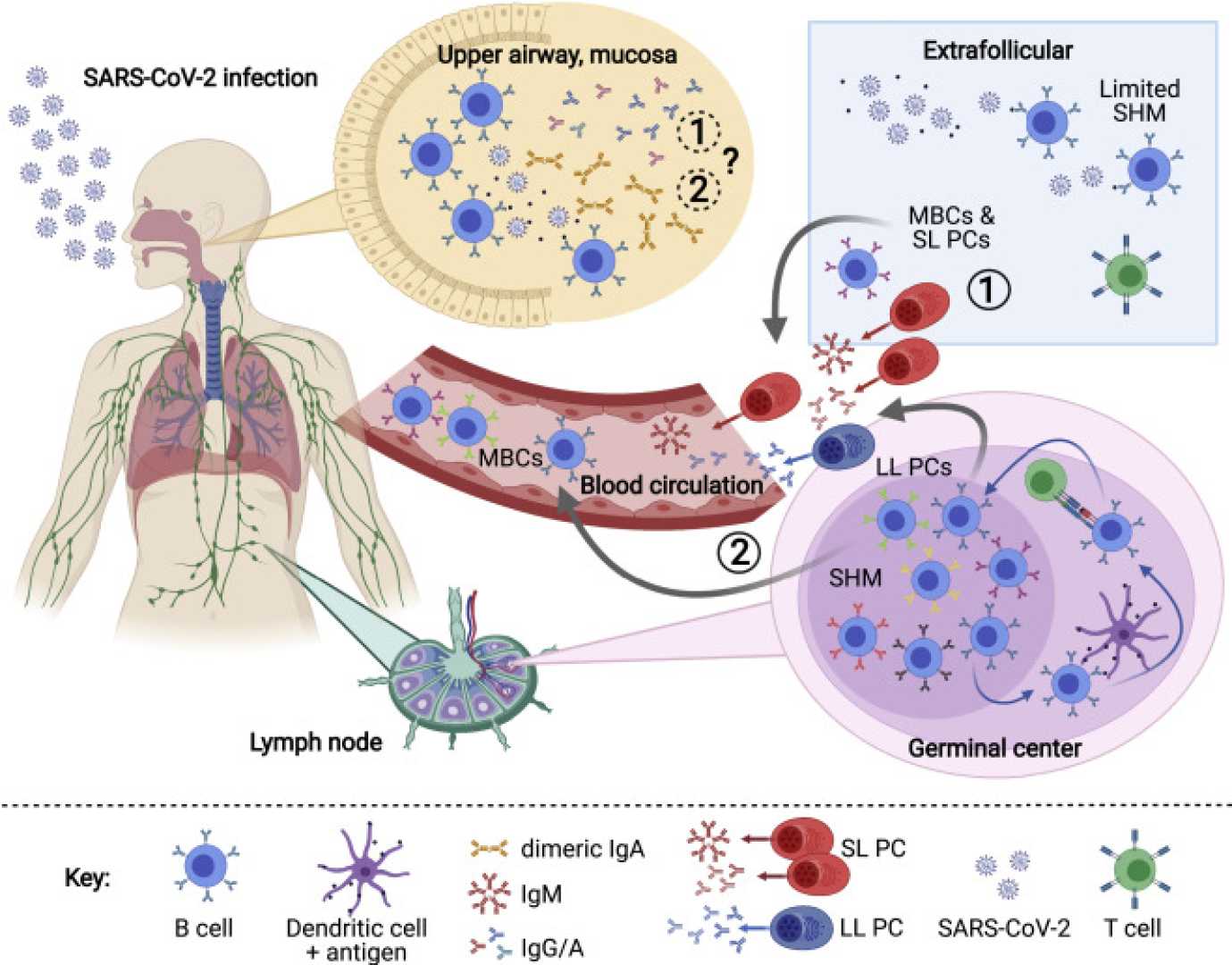Health
New Aspirations in COVID-19 Fight: Mucosal Vaccines Offer Future Pandemic Solutions

In late 2020, the rollout of COVID-19 vaccines was met with global relief and optimism, signaling a possible end to the pandemic that had gripped the world. However, nearly five years later, infections persist, particularly with highly contagious variants emerging in regions like Canada, prompting health authorities to rethink strategies.
Updated mRNA-based vaccines designed to tackle these evolving variants are now being administered, having mitigated the most severe outcomes of the virus, including hospitalization and death, according to medical experts. Despite these advancements, COVID-19 remains a leading cause of death in Canada, and the virus continues to challenge scientific understanding with its long-term health impacts, which include conditions like Long COVID, heart complications, and cognitive disorders.
Matthew Miller, co-director of the Canadian Pandemic Preparedness Hub and a professor at McMaster University, remarked, “I think anybody who tells you COVID-19 isn’t a surprise is not being truthful.” Miller, who is involved in developing an inhaled COVID-19 vaccine, acknowledged the unexpected nature of the virus’s persistence and adaptability.
Amidst pandemic fatigue, hope is now focused on mucosal vaccines, needle-free alternatives that can be administered via nasal spray or inhalation. These next-generation vaccines aim to establish a protective barrier in the respiratory and mucosal systems, preventing the virus from taking hold. Stephen Pearson, an analyst at the Global Vaccine Institute, said, “Mucosal vaccines could be the game-changer in halting infection transmission.”
The mucosal vaccine developed by Miller’s team, which is soon entering Phase 2 trials, represents Canada’s forefront effort in this innovative approach. Trials are set to occur in various Canadian cities, including Ottawa, beginning next year. The inhaled vaccine model originated from research on a tuberculosis vaccine, pivoting to address COVID-19 amid the pandemic influx of funding.
Dr. Marc-André Langlois from the University of Ottawa, whose lab has similarly pursued mucosal vaccines, highlighted the initial success of conventional vaccines in reducing severe symptoms and mortality. However, he pointed out, “The true advantage of mucosal vaccines is their potential to prevent infection entirely.”
Miller also elaborated on the distinct safety advantage of inhaled vaccines over traditional injected methods, referencing concerns associated with viral vector vaccines like AstraZeneca’s, which were linked to rare blood clot disorders.
International interest in mucosal vaccines is escalating due to promising data from a Chinese-developed nasal spray vaccine, which showed a significant reduction in infection rates. Dr. Kashif Pirzada, a Toronto emergency physician, expressed optimism on social media, predicting a dramatically reduced future need for rapid tests and antivirals amongst vulnerable populations.
Despite the enthusiasm, experts caution against inflated expectations, urging realistic public perspectives on mucosal vaccines’ capabilities. Additionally, research and development funding for such vaccines face uncertainties, as noted by Langlois, who lamented the lack of sustained governmental support for pandemic mitigation projects.
While some researchers like Miller remain circumspect, suggesting COVID-19 may evolve into a seasonally predictable illness similar to flu or common cold viruses, they acknowledge the unlikelihood of the virus’s complete eradication. “A future where COVID behaves more like a common cold would signify significant progress,” Miller commented.












